Media
ARTICLES • NEWS • RESEARCH
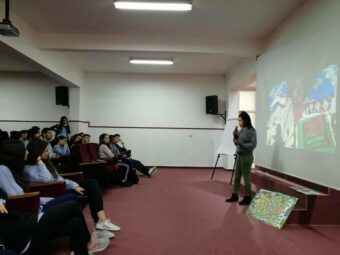
Raising Awareness
We raise awareness amongst Lebanese people in schools and universities and at different events of the sufferings of domestic workers under the kafala system.
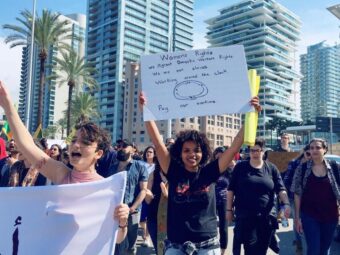
Demonstrations
We participate in demonstrations and protests requesting rights for domestic workers and help in the organisation of such events. Anytime Lebanese protest the kafala system and call for its abolition, we are there in solidarity.
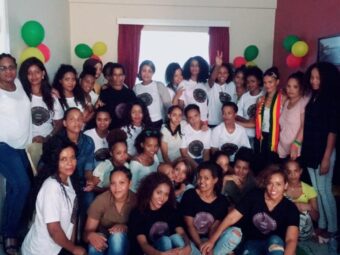
Creating Solidarity
We hold events to create a sense of solidarity and community by creating safe spaces for the celebration of feast days. On those days we visit hospitals and shelters and take them our national foods and celebrate with them.

Legal Assistance
We work with a lawyer in Lebanon and in Ethiopia to pursue justice in cases where there was physical and/or sexual abuse and/or false accusation of theft, and to bring cases against traffickers. This is something we intend to pursue more. When legal advice is needed we refer women to a lawyer.
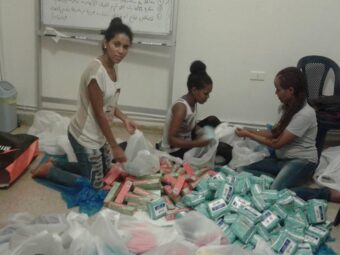
Shelter
From 2017 to 2019 we provided shelter for more than 25 women who had been homeless and were running from abusive employers. We covered the costs of their food, clothing, phone calls, rent, transport, medical assistance and helped them find jobs. Some are now home and some are still working in Lebanon contributing to the financial assistance and counseling of other victims. We also donated clothes and sanitary products to domestic workers in shelters and hospitals.

Educational Videos
We have made a series of 6 educational videos in Amharic which address the problems and issues which are of concern to us e.g. MDW rights, racism, financial management, and social media bullying.
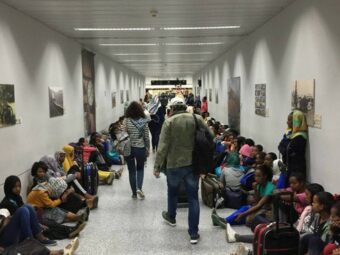
Financial Assistance
We have financially assisted a few sick and/or abused Ethiopian women to return home and have continued to support some of them once home.
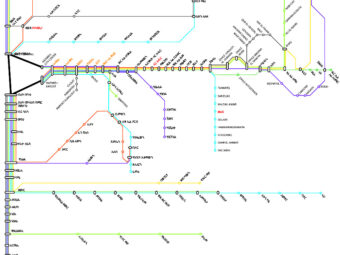
Brochures
We have created a brochure in Amharic which includes a bus map and info on how to ‘share location’ and we are planning to translate these into other Ethiopian languages so that women working in villages can get help more easily and travel safely to Beirut.
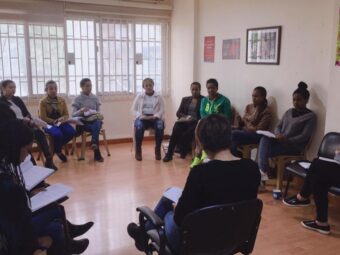
Workshops
We design and implement workshops on financial management; sexual harassment; social media; bullying; workplace safety; racism; sexual reproduction health; MDW rights; how to protect ourselves when helping victims of abuse and procedures for working on cases. These workshops are based on our personal daily experiences and knowledge of what the issues and concerns faced by domestic workers are.
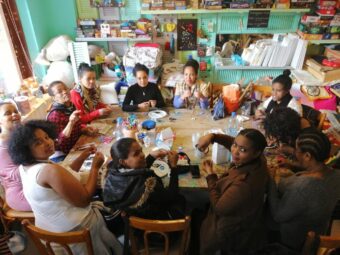
Accessory Design Classes
We designed and are running accessory-making classes for domestic workers in Lebanon which run for 6 months.

Soap Making Classes
We designed and are running soap-making classes for domestic workers in Lebanon which run for 6 months.